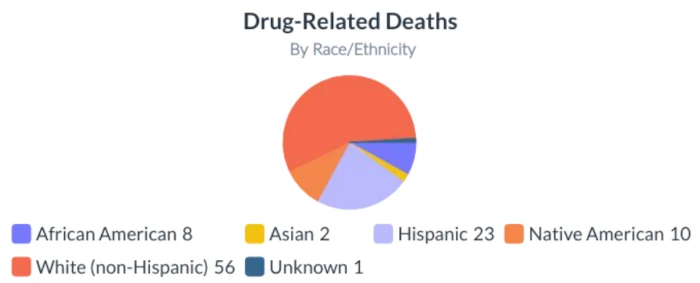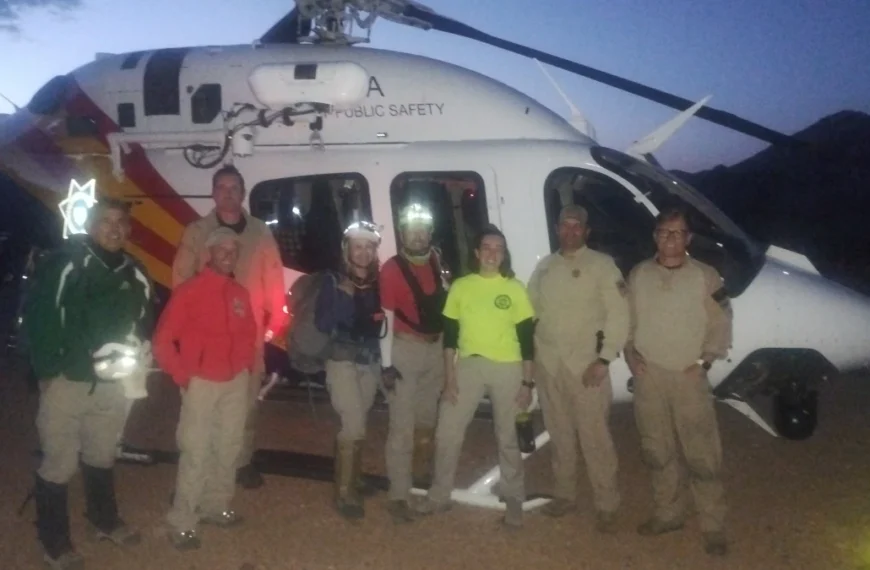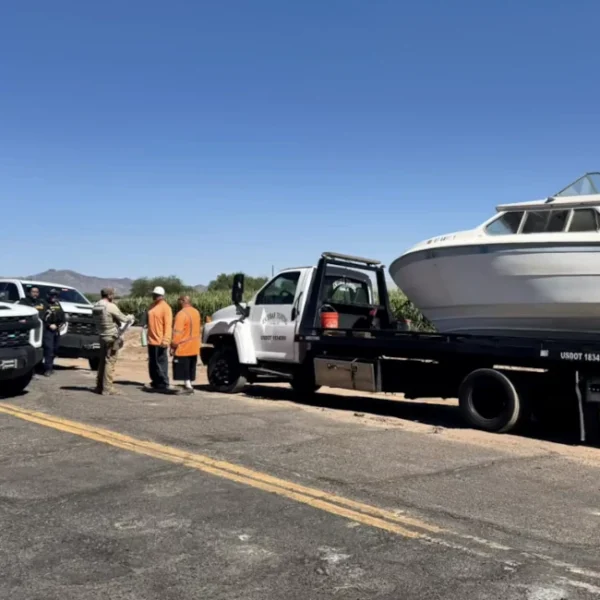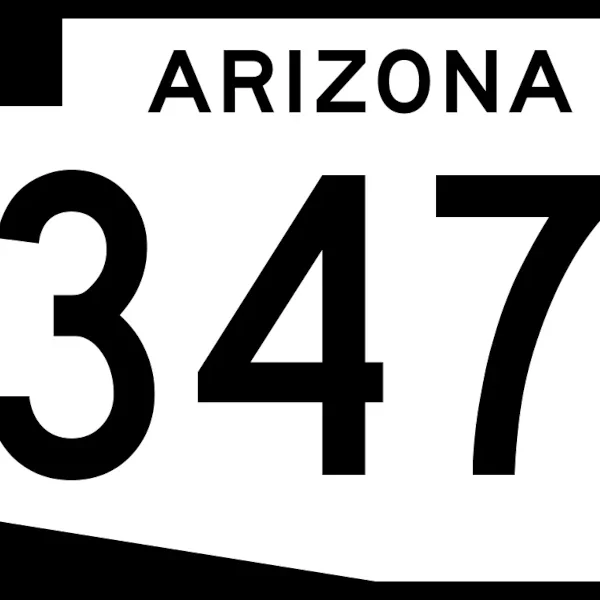A Pinal County sheriff’s deputy administered naloxone (Narcan) to a 65-year-old man during an overdose situation near Casa Grande on March 10. The incident occurred around 12:30 p.m. when the Pinal County Sheriff’s Office received a call about the man overdosing.
In a video produced by the Pinal County Sheriff’s Office, the deputy acts swiftly, administering Narcan before performing chest compressions. The man regained shallow breathing before emergency services arrived.
WARNING! Disturbing content! Viewer discretion is advised. [Source: PCSO]
The incident highlights the life-saving importance of Narcan, the brand name for naloxone nasal spray, in reversing opioid overdoses.
What is Narcan and How Does it Work?
Narcan contains naloxone, a medication that counteracts the dangerous effects of opioids. The National Institute on Drug Abuse explains that naloxone works by binding to the same receptors in the brain that opioids target, preventing them from exerting their effects. Because naloxone has a higher affinity for these receptors, it outcompetes opioids, helping to restore normal breathing patterns that may have been dangerously suppressed during an overdose.
Medical literature from NIDA indicates that naloxone won’t affect people who haven’t taken opioids, though it may trigger withdrawal symptoms in those dependent on opioids. According to NIDA documentation, naloxone works against all types of opioids, including heroin, synthetic opioids like fentanyl, and prescription pain medications such as oxycodone, hydrocodone, codeine, and morphine.
How to Use Narcan
According to FDA information, naloxone is available in two approved forms: injectable solutions and nasal spray products like Narcan. The FDA granted over-the-counter status to Narcan nasal spray in March 2023, making it more accessible. Health experts describe the nasal version as user-friendly, requiring no special assembly or medical training.
The Pinal County Sheriff’s Office lists these warning signs that might indicate an opioid overdose:
- Unconsciousness
- Very small pupils
- Slow or shallow breathing
- Vomiting
- Inability to speak
- Faint heartbeat
- Limp arms and legs
- Pale skin
- Purple lips and fingernails
NIDA research highlights that naloxone’s effects typically last 30-90 minutes, while many opioids remain active longer. This timing difference creates a critical need to contact emergency services immediately after administration.
Who Can Use Narcan?
Arizona law (ARS § 36-2267) permits anyone to administer naloxone in suspected overdose situations, regardless of medical training.
“A person who in good faith and without compensation administers an opioid antagonist to a person who is experiencing an opioid-related overdose is not liable for any civil or other damages…”
Where to Get Narcan in Pinal County
Pinal County Sheriff’s Office distributes free Narcan kits to community members, supported by resources from the Arizona Department of Health Services. No prescription is needed, and PCSO materials emphasize that people can obtain these kits without answering questions about their intended use. Available pickup locations include:
- Arizona City: 13970 S Sunland Gin Road, Florence
- Casa Grande: 820 E Cottonwood Lane, Building D, Casa Grande
- Florence: 971 N. Jason Lopez, Florence
- San Manuel: 28380 S Veterans Memorial Boulevard, San Manuel
- San Tan Valley: 31505 N. Schnepf Road, San Tan Valley
ADHS program information shows they also supply naloxone to various organizations including law enforcement, healthcare facilities, community groups, and shelters.
Drug-Related Deaths in Pinal County
The latest Pinal County Medical Examiner’s 2023 Annual Report reveals two consecutive years of declining drug-related deaths following four years of increases.


Most concerning in the Medical Examiner’s findings is the 1,700% rise in fentanyl-involved deaths since 2017. Analysis of the 679 drug fatalities investigated since 2017 shows that 128 cases (18.8%) resulted solely from fentanyl, while another 146 deaths (21.5%) involved fentanyl combined with other substances.

The PCMEO 2023 Annual Report demographic patterns revealed that white non-Hispanic males (average age 46.5) faced the highest overall risk of drug toxicity death. However, fentanyl specifically claims more lives among Hispanic males with an average age of 32.9.



Looking Ahead
Pinal County’s multi-faceted approach to combating opioid overdoses continues to evolve, with Narcan distribution serving as a critical component in this public health strategy. The availability of this medication through programs like the PCSO’s free kit distribution represents an important tool in reducing overdose fatalities.
County officials emphasize the importance of community awareness and education about Narcan. They encourage residents, especially those who know someone who uses opioids, to take advantage of the free Narcan available at PCSO substations. This simple action, as demonstrated in the recent Casa Grande incident, can provide crucial intervention during the critical minutes of an overdose emergency.








